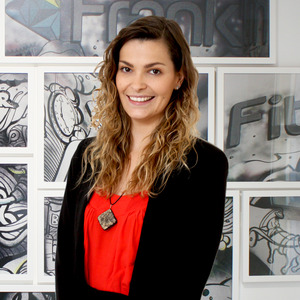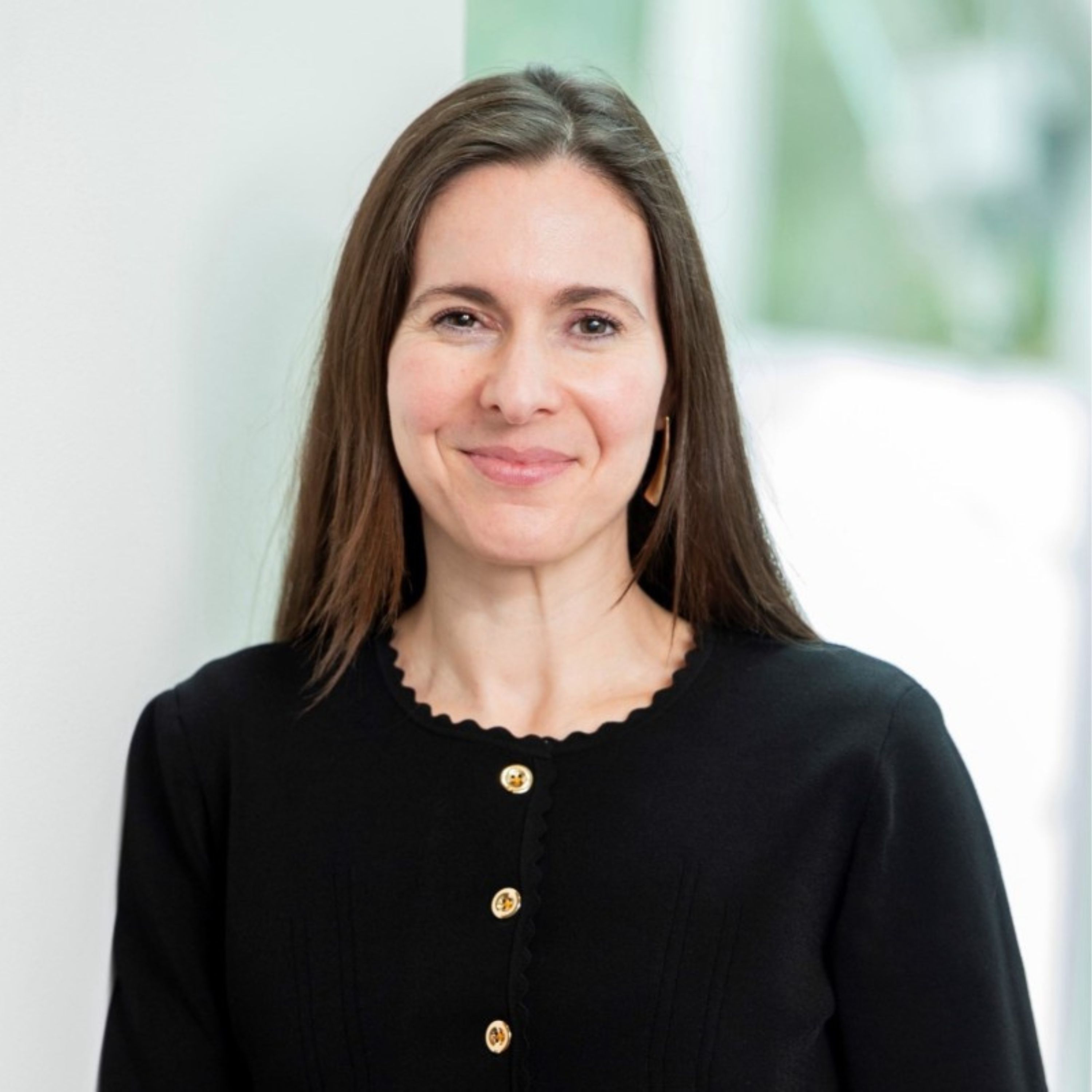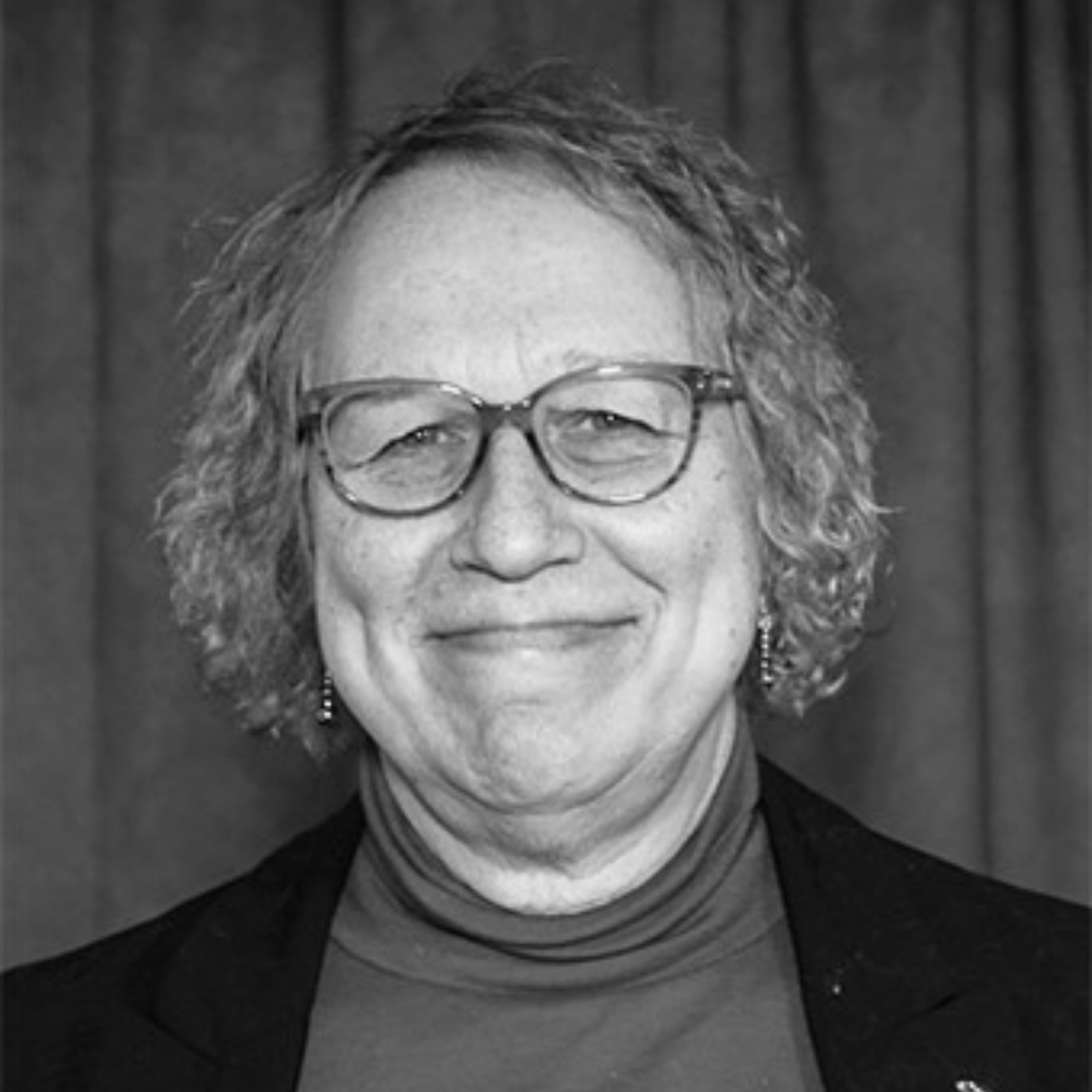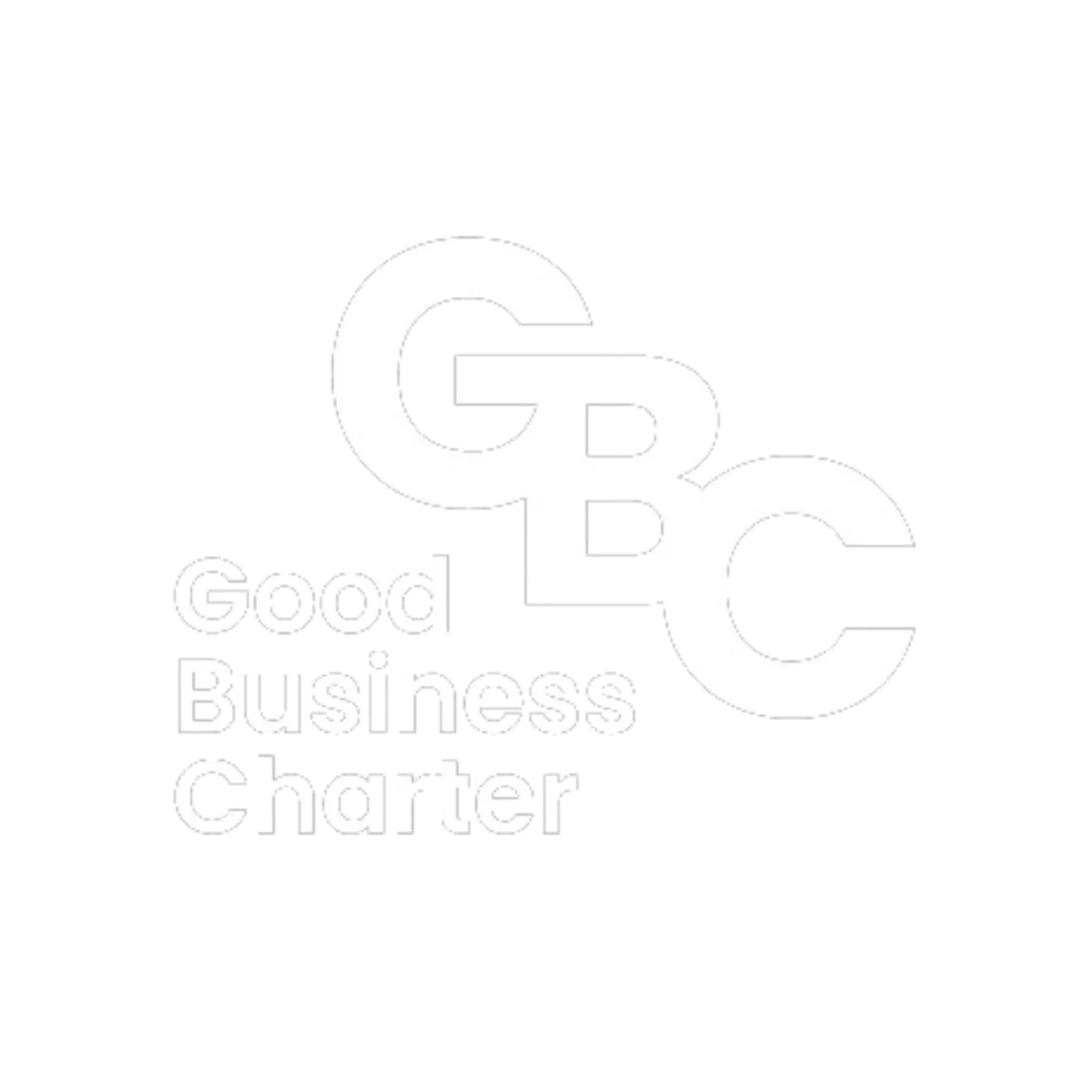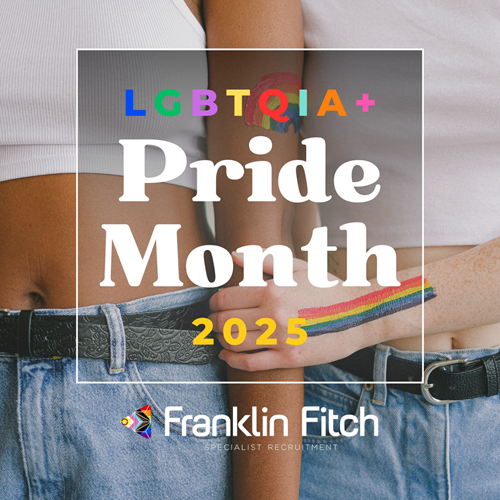
Black History Month: Spotlight On Nina Nduwayo
21 Oct, 20215 minutesNina Nduwayo is an experienced Data Scientist and Consultant. As a Senior Scientist at Ravel...
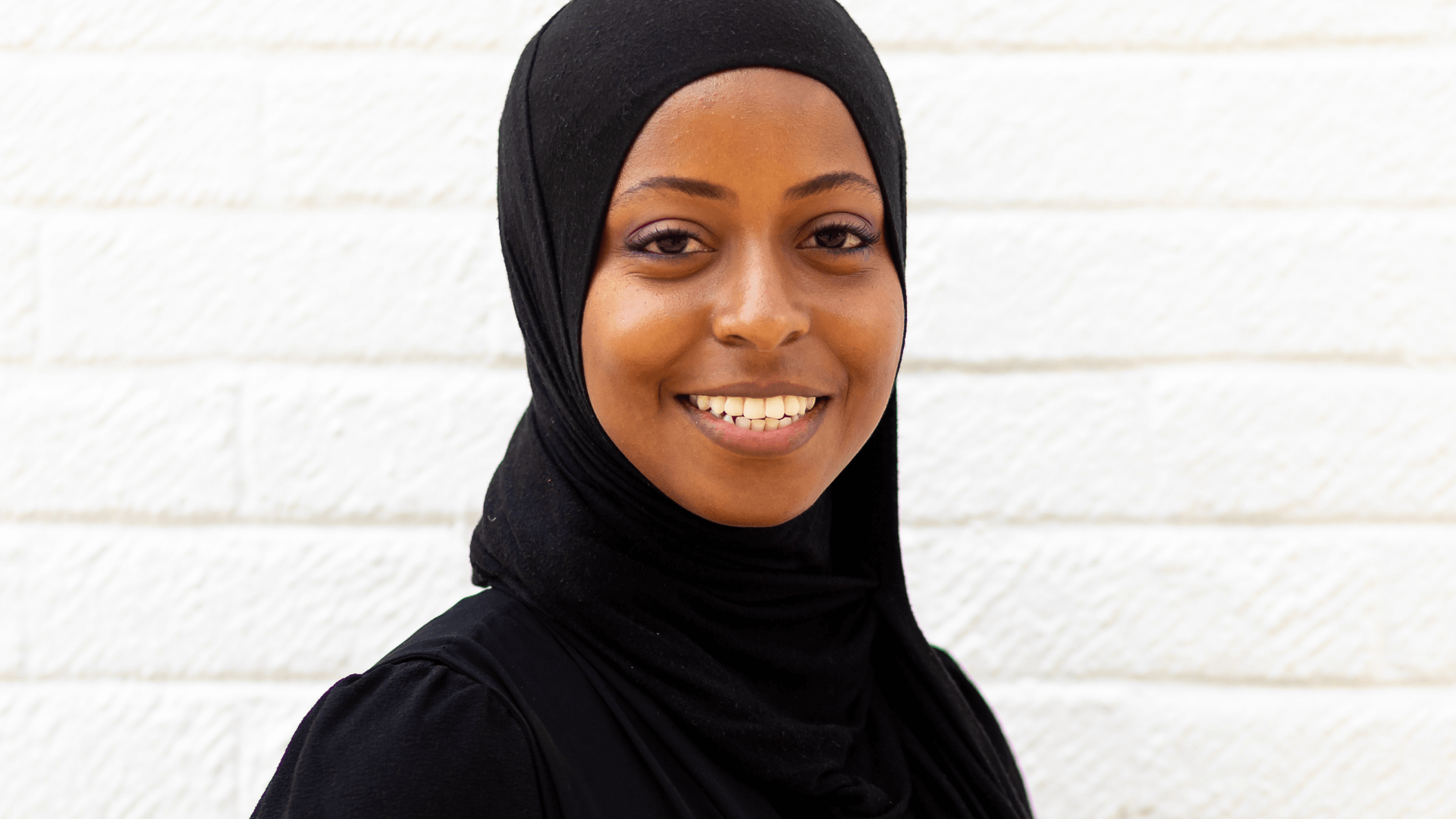
Nina Nduwayo is an experienced Data Scientist and Consultant. As a Senior Scientist at Ravelin, she specialises in using machine learning, data analysis to advise and enable global brands to make smarter data-driven decisions.
Originally set to become a surgeon, Nina left medical school in pursuit of something more. She started learning to code through online classes, where she learned web programming skills and was introduced to data science. She now has 6+ years experience working in the industry and enjoys using data to solve complex challenges and mature her clients business intelligence capabilities.
As Director of Outreach for Black in Data, Nina is a big advocate of increasing awareness of data career opportunities and using this platform to encourage individuals from underrepresented backgrounds to pursue careers in technology.
What is your current role/ bit of background to what you do now?
Currently I work as an Investigations Data Scientist at Ravelin where I work closely with clients to understand and prevent their fraud challenges. I enjoy using data to solve complex challenges and seven years into my tech journey I’m still engrossed and excited by my work. I am also the Director of Outreach for an organisation called Black in Data and hope to use this platform to raise awareness of the roles and opportunities in the data industry, especially amongst state school students at a crucial stage when they are beginning to make decisions about their future careers.
How did you become interested in working in tech?
At school, I took GCSE IT, which was probably my first exposure to the IT industry. I recall liking the class but had little knowledge of the tech sector at the time and had never met anyone who worked in it. I didn't start attending Technology Entrepreneurship Societies and learning about the many applications of technology until I went to university. The start-up world intrigued me, and the more I learned about technology, the more I wanted to know. I began studying to code in my spare time after graduation and was then recruited by a food tech start-up.
Tell us about your journey into tech as a black woman?
For me, the first year in IT was daunting. As a complete newcomer to the field with no experience, I found myself continually doubting myself and my ability. And there were times when I doubted my place in the industry. Attending tech meetings like Muslamic Makers and AI Club for Gendered Minorities helped me to meet other women and minorities in the field from whom I could learn and seek advice. Having a support system in place helped me get my bearings in the IT world and pushed me to keep progressing. More significantly, it made me aware of the obstacles we encounter and gave a secure environment in which to consider how to deal with challenges at work.
If you could go back in time to the beginning of your career in tech and give yourself a piece of advice, what would you say?
Pay close attention to your feelings. What excites and motivates you? Find any opportunity to incorporate that into your working day and hold on to that feeling. Ask questions, open-ended ideally and see where the conversation takes you. Some of the best learning and advice I've had has come from random conversations. And finally, enjoy the process and remember to celebrate the small wins.
What advice would you give to black women entering the tech industry?
For me, I would say make sure you network and find a community with people who can understand and relate to you. It’s important to find somewhere you feel comfortable with, where you can be yourself and show vulnerability. The ability to share your experiences as you're learning is imperative, and to be able to express the frustrations, fears, and insecurities that you have too. It helps to have other people who are going through similar experiences.
I also think allow yourself to take risks and try new stuff. When I started, I would often think about everything 100 times before making a decision. Yes, I wanted to make the right decision, but it has been the moments when I’ve trusted my gut instinct and gone for something where it’s worked out the best. Try not to overthink; those have been some of the moments where I've I find myself learning and growing the most.
What can tech companies do to make the industry more inclusive of black women and other people of colour?
Within the industry, there is a lot of effort to bring minorities into the companies, but it's often not easy for those minorities to then excel in those companies. When people don't feel supported and free to be themselves, they just leave and seek chances elsewhere. Not having to think about your race, your religion, your sexuality, your gender, and be free to just being able to be yourself is the best type of work environment. If companies can adopt cultures and practices that are inclusive it would help with not only bringing people in but retaining them as it allows employees to have the freedom to excel.
It's about striking a balance between wanting to employ for diversity and inclusion while also not hiring someone to check a box. When minorities are brought in as a tick box exercise, they quickly realise they aren't here to contribute but rather to fill a quota. It used to be that you should stay at a firm for at least two years, but in today's work world, shifting and moving about is much simpler. People want to be happy and fulfilled by their employment, and if they don't feel included and accepted inside the team, they will quit, affecting the company's labour turnover.
How can we encourage more women, especially minority women, to get into the industry?
We need to invest in those grass roots initiatives in which engage with minorities to expose them to new and exciting careers in tech and help raise awareness to the opportunities out there.
In the industry there isn’t much representation and it's not the norm that someone from your background would end up in a position of power, so when I see someone who looks like me or who I can relate to, speaking about her experiences or delivering a technical talk, there's a part of me that simply says, well, okay, if she can do it; so can I.
What’s has been your career highlight?
I would say my career change: going from a Medical Student to a Data Scientist. I was initially set on becoming a doctor and was three years into my pre-clinical studies at Cambridge University when I decided to leave it and explore other opportunities. It wasn’t an easy journey, and I spent several years trying to find my footing and figuring out what it was that I wanted to do. I went on a journey from knowing nothing about technology to learning how to code and being able to building a Data Science Proposition from the bottom up. It’s been a big learning curve but it’s also one of those situations where I can look back and think "Wow, I did that!"
You are the Director of Outreach at Black in Data. Tell us about your role there and what the goal of the organisation is?
The organisation itself was set up by Sadiqah Musa and Devina Nembhard who are Analysts at The Guardian. Through the work that I was doing, Siddiqa reached out, and determined that we have the same vision. For me I noticed that early on, we didn't really have any awareness or access to the industry. Prior to working at Black in Data I was going into schools to expose them to the industry and show them how data interacts in every-day society. At Black in Data, my role is about connecting with people at the early stage, removing some of that fear of “where do I start”?
The first time trying to learn online can be intimidating in terms of the language, references and terminology used, and if you’re not a part of that world, you really have no idea what is going on. At Black in Data, we are there to help ease the transition and make it more relatable and break it down into simpler terms. The most important thing is showing people that it's not as difficult as they might think it is. It’s really useful, regardless of what you want to do, you can still like make use of the skills that you gain from working with data.
Thank you so much to Nina for taking the time out of her busy schedule to talk to us in this interview. If you want to find out some more about Black in Data head to their website to find out some more information.
